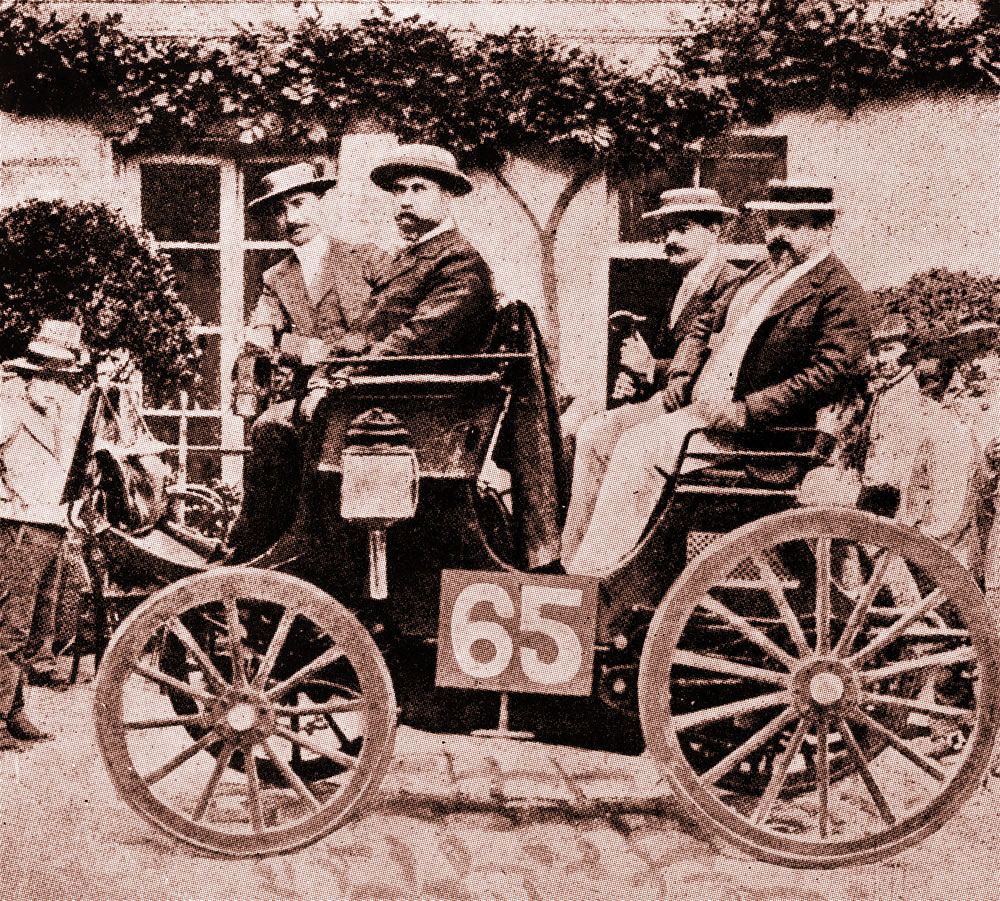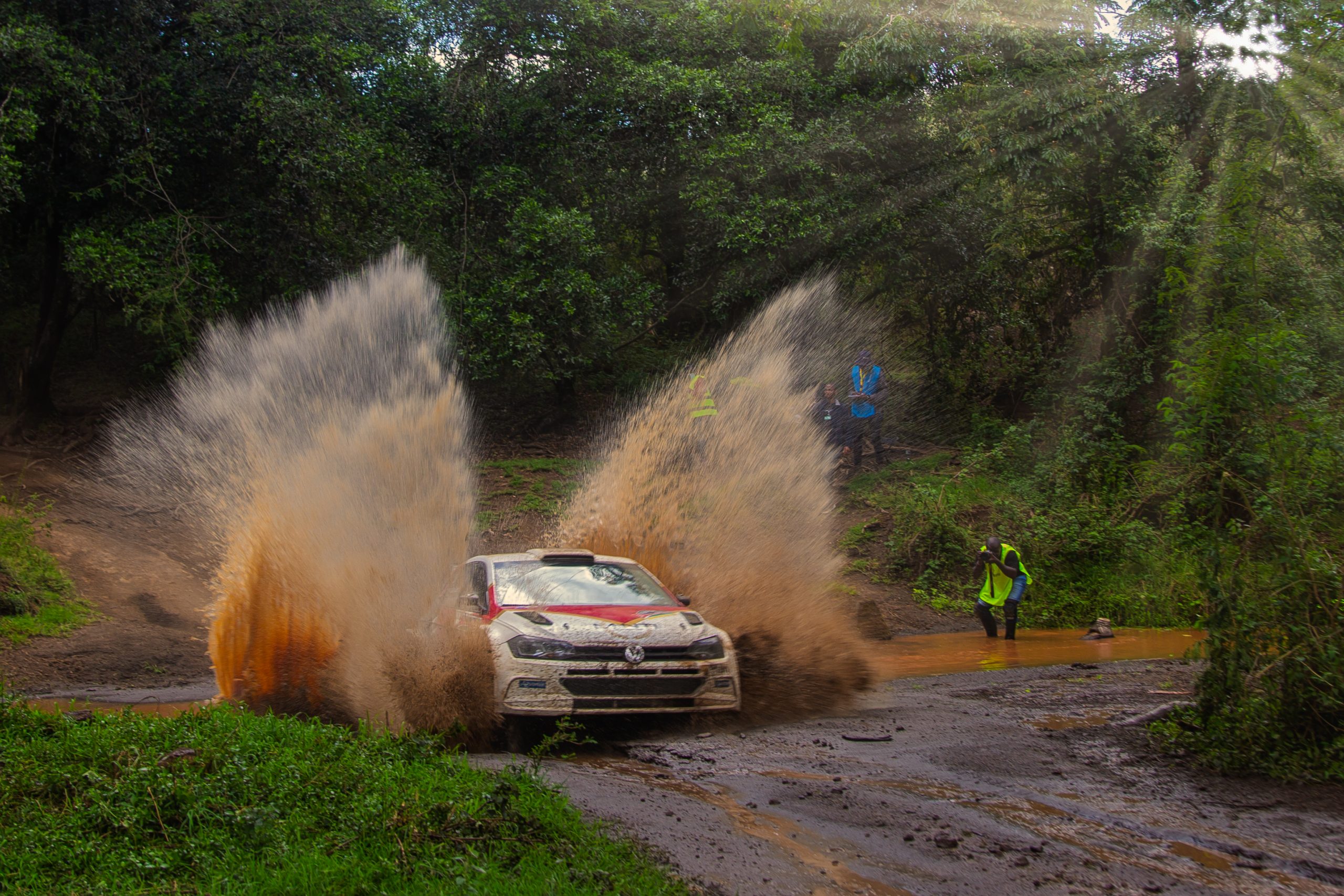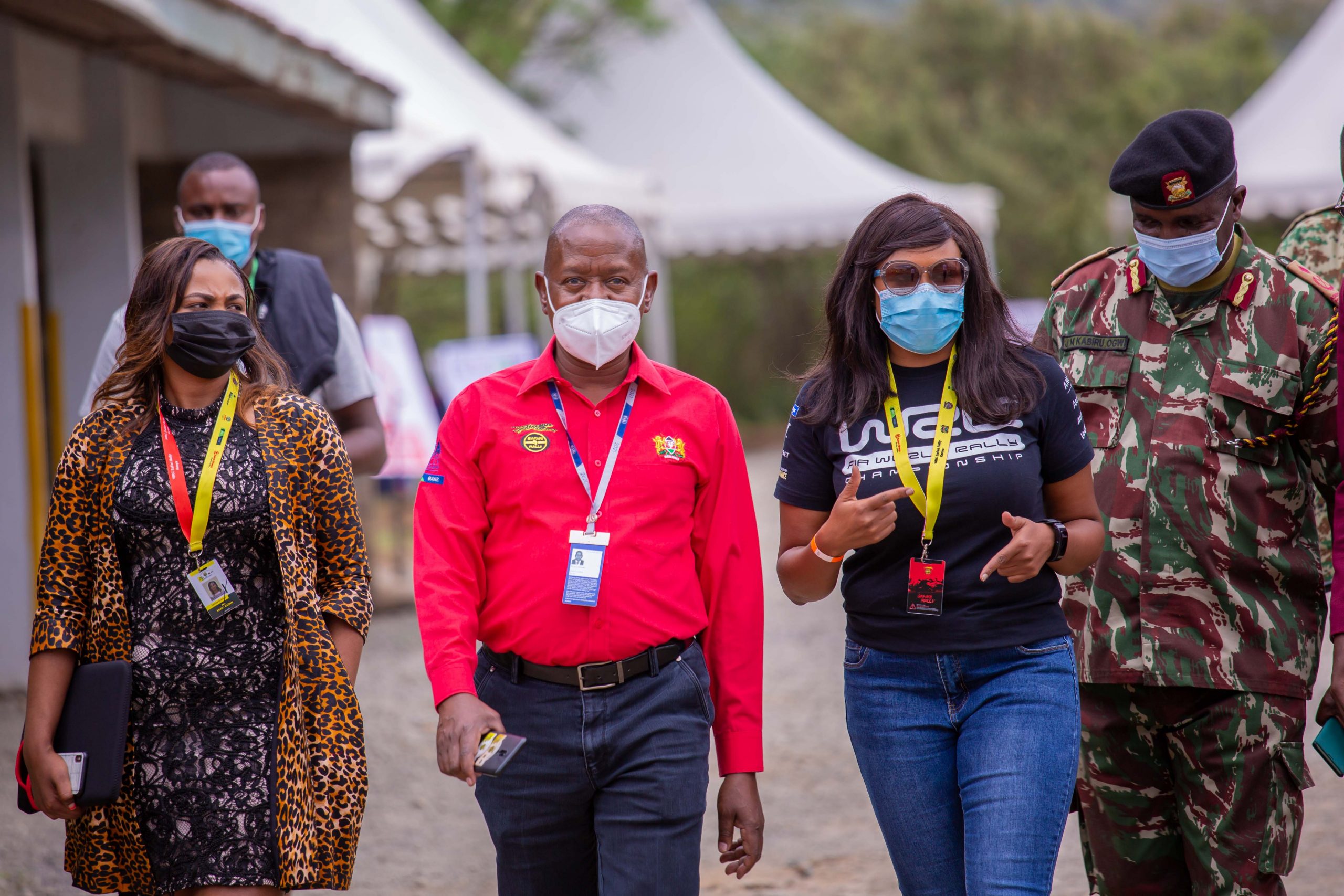After 19 years of waiting, the WRC Safari rally is set to take place this weekend June 23. The Safari rally was first held in 1953 May 27 – June 1 as the East African coronation safari in celebration of the coronation of Queen Elizabeth II. In 1960, it was renamed the East African Safari rally and kept that name until 1974 when it popularly became known as the Safari rally. But since 2003, the event has been part of the African Rally Championship organized by the FIA.

The Safari rally was re-admitted into the WRC championship calendar on 27 September 2019 and was set to make its debut between July 16-19 2020 but was cancelled due to the Covid-19 pandemic but it is making its long-awaited return later this month.
Back in 1953, the first winners of the rally were Kenya’s Alan Dix with his co-driver Johnny Larsen, in a Volkswagen Beetle. Kenyan driver Shekhar Mehta is the most successful in the event with five victories in 1973, 1979, 1980, 1981, and 1982.
Safari is considered to be one of the hardest rally routes, with rough terrains, rocks, and hard gravel, the new breed of international drivers are in for a treat. especially after changing the testing regulations in June 2020 replacing the 42-day testing allocation with just a day for each driver. This means that the drivers will not have ample time to go through the Naivasha roads till they do recce and the shakedown event prior to the main event.
The last WRC Safari rally was in 2002, won by British team Colin McRae and Nicky Grist in their Ford Focus RS. This year, with all eyes on current leader Sebastien Ogier, the event is already one to remember. Ogier, on a zoom call recently said that it means a lot to him to participate in the Safari rally and is excited to add it to his victories. Dani Sordo, Ott Tanak, Thierry Neuville, Takamoto Katsuta, Elfyn Evans, Kalle Rovanpera, and other entry 1 WRC drivers will all get a feel of Kenya’s unpredictable and ever-changing weather in Naivasha and the volcanic stones that will prove hard on the tyres but an all exciting event none the less.
Kenya began a tree-planting initiative of planting 19 million trees to match the nineteen years the rally was absent in their country and with continuous updates, it looks like they are looking good on that promise.

















